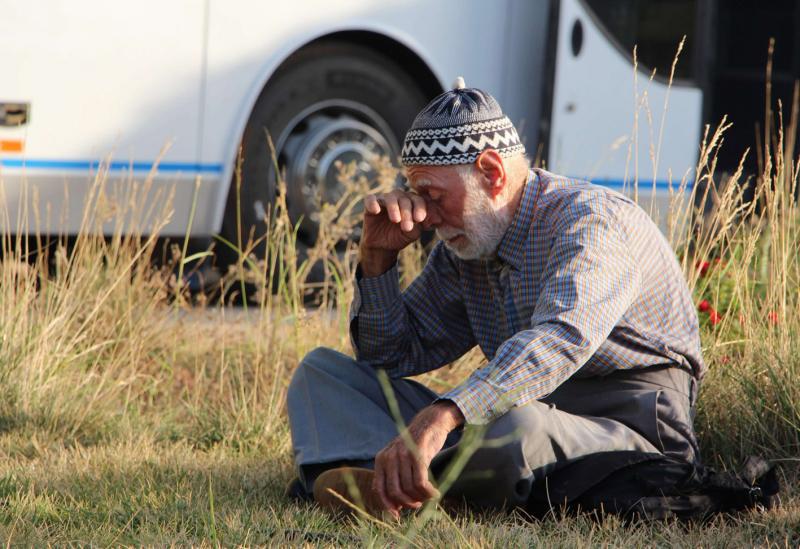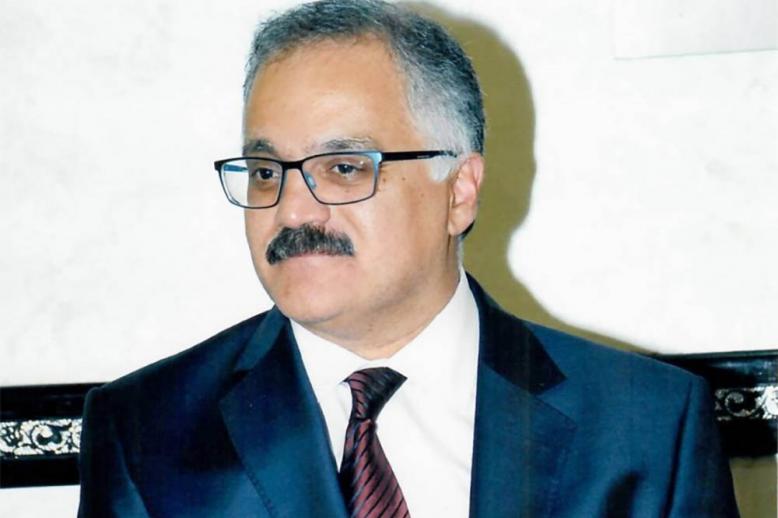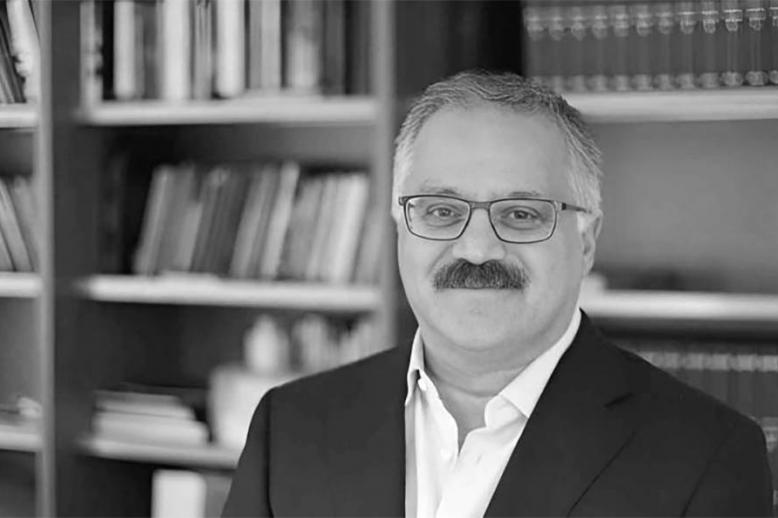Europe’s second Syrian migrant crisis could be coming
The violent course of the Syrian conflict may soon unleash a new wave of refugees on Europe’s doorstep. This has enormous implications considering the deep divisions among and within European countries fuelled by the 2015 migrant crisis.
Right-wing, anti-migrant populists are now mainstream political players in Europe. The unity that forged the 7-decades-old European project is under threat.
While the Syrian regime is focused on military campaigns in southern Syria, it is expected to soon turn its attention to Idlib, the only province outside its control. Idlib is the final frontier in the regime’s campaign to stamp out the embers of the Syrian revolution. It is also a hotbed for extremists who have terrorised the local population.
“Now Idlib is our goal but not just Idlib,” Syrian President Bashar Assad told Russian media in July. “The military — and it is at their discretion — will decide priorities and Idlib is one of these priorities.”
Syria’s representative to the United Nations added to the sense of coming catastrophe by saying there would be no compromise in returning Idlib to regime hands.
As many as 2.5 million people, many of whom are internally displaced, are thought to be holed up in Idlib province. The overwhelming majority have virulently anti-government views and are unwilling to accept living under the control of Damascus. The local economy in Idlib, Reuters reported, has largely shut down, in anticipation of a government offensive.
“With this escalation, with this deterioration, we worry about seeing two-and-a-half million people becoming displaced more and more towards the border of Turkey if this is to continue,” Panos Moumtzis, of the UN Office for the Coordination of Humanitarian Affairs, said in June. “We see that more than 80% of the population of Idlib really is in an extremely vulnerable situation.”
In the past, the international community has shown it won’t stand in the way when the Syrian regime goes to war in opposition-held areas — eastern Aleppo, Darayya, Ghouta and Daraa, to name a few. Little more than handwringing can be expected when the battle for Idlib comes to pass.
Idlib, however, is different from other formerly rebel-held regions. It borders Turkey, meaning that Ankara can’t possibly keep its border closed if a surge of refugees fleeing the Assad forces’ assault unfolds. Turkey has robust border defences, including a several-hundred-kilometres-long wall, but the political capital Ankara has built among millions of Sunni and anti-Assad Syrians since 2011 would be lost should it refuse to open the border to refugees fleeing a regime offensive.
That, combined with increasing hostility towards Syrians in Turkey and the increasingly frail nature of the Ankara-Brussels relationship, means Turkey would allow refugees fleeing any assault on Idlib to move onward to Greece and Bulgaria.
For Europe, the stakes in Idlib are higher than at any time during the Syria war since 2015. Its internal brittleness means it can’t afford to ignore events in Syria as it has previously done. The fate of Idlib is different for Europe because a mass movement of refugees into Turkey and on to Europe could see thousands of former al-Qaeda jihadists — many bearing European passports — end up in Europe.
Reports suggest Turkey may not readily give up Idlib. It has a large military presence, including 12 observation posts, in the area. There are signs of a possible political settlement with Russia and Iran vis-a-vis the so-called Astana process. Damascus, too, is aware that in Idlib it faces a very different prospect than in Ghouta or Daraa because of Turkey’s deeply embedded presence.
Even so, the prospect of an agreement that pleases arch foes Syria and Ankara is inconceivable under the status quo.
From 2011, Europe has mostly ignored the day-to-day tragedy and slaughter visited on Syria but what happens in Idlib will force it to confront new dilemmas.
Stephen Starr is an Irish journalist who lived in Syria from 2007 to 2012. He is the author of Revolt in Syria: Eye-Witness to the Uprising (Oxford University Press: 2012).
This article was originally published in The Arab Weekly.






